When it comes to purchasing tools for your business, buying wholesale wrenches can be a cost-effective solution, whether you’re stocking up for a repair shop, a construction project, or retail distribution. However, selecting the right wrenches requires careful consideration of several factors to ensure you’re getting the best quality and value for your investment. In this article, we’ll guide you through the key considerations when buying wrenches in bulk.
There are many types of wrenches, each designed for specific tasks. Understanding which type you need is essential when purchasing wholesale wrenches. The most common types include:
Open-End Wrench: These wrenches have a U-shaped opening at both ends and are ideal for fasteners that don’t require a high torque.
Box-End Wrench: A closed-loop wrench that grips the fastener more securely and is ideal for high-torque applications.
Adjustable Wrench: Also known as a crescent wrench, this tool has an adjustable jaw that allows it to fit various sizes of fasteners.
Socket Wrench: Used with interchangeable sockets, this wrench is popular for tasks that require precise torque control, such as automotive repairs.
Torque Wrench: A specialized tool used to apply a specific torque to a fastener, often used in mechanical and automotive applications.
Pipe Wrench: Designed for gripping and turning pipes, these wrenches are commonly used in plumbing work.
By understanding the types of wrenches available, you can choose the ones best suited for your business needs, whether you’re selling to consumers or providing tools for employees.
The material from which the wrench is made plays a significant role in its durability, strength, and resistance to wear and tear. Most wrenches are made from the following materials:
Steel: The most common material for wrenches, steel offers strength and resilience. Chrome vanadium steel is often used for higher quality wrenches due to its excellent strength-to-weight ratio.
Forged Steel: Wrenches made from forged steel are stronger and more durable, making them ideal for heavy-duty tasks.
Stainless Steel: Resistant to rust and corrosion, stainless steel wrenches are perfect for environments with high moisture levels or exposure to chemicals.
Aluminum: Lighter than steel, aluminum wrenches are used for lighter applications and are ideal when weight is a factor, though they may not be as durable as steel counterparts.
When purchasing wrenches wholesale, it’s essential to balance durability with cost. For high-demand or heavy-duty applications, investing in forged steel or chrome vanadium steel wrenches may be a better long-term investment.
Wrenches come in various sizes, and it’s important to consider the size range that suits your business. If you’re purchasing wrenches for resale, offering a variety of sizes can meet the diverse needs of your customers. For professional use, having a comprehensive set that covers a wide range of sizes ensures your team can tackle various tasks without needing multiple tools.
Considerations:
What size range does your business commonly require?
If you’re stocking for resale, do you need to offer both small and large wrenches?
Is there a demand for specific sizes in the markets you serve?
Many wholesale suppliers offer wrench sets that include multiple sizes, which is a great option for ensuring your customers or employees have access to a wide variety of tools in one purchase.
The ergonomics of a wrench are essential for comfort, particularly during long periods of use. A poorly designed wrench can cause hand fatigue, leading to decreased productivity and discomfort. When selecting wholesale wrenches, pay attention to the following factors:
Handle Design: A well-designed handle reduces hand strain and improves grip. Look for wrenches with rubberized or textured handles that enhance comfort and prevent slipping.
Weight: Heavier wrenches may be more durable, but they can cause fatigue during extended use. Lighter wrenches, on the other hand, are more comfortable for prolonged tasks but may not be as durable.
Handle Length: Longer handles provide more leverage for tougher tasks but may be harder to maneuver in tight spaces.
Ensuring that the wrenches you purchase offer a comfortable grip and ergonomic design will lead to a better user experience, especially for your employees or customers who need to use the tools regularly.
The brand reputation of the wrenches you’re purchasing can give you valuable insight into their quality and reliability. Established tool manufacturers often offer warranties on their products, which can give you peace of mind and protection against defects.
Factors to consider:
Look for well-known, reputable brands with a history of producing quality tools.
Check whether the brand offers a warranty, and if so, understand the terms and coverage.
Research customer reviews to gauge the quality and reliability of the wrenches from a particular manufacturer.
Opting for well-established brands may cost slightly more upfront but can save you money in the long run due to fewer warranty claims and product replacements.
One of the primary reasons to purchase wrenches wholesale is to take advantage of bulk discounts, which can significantly lower the per-unit cost. However, it’s essential to ensure that the wrenches you’re purchasing are not only cost-effective but also of high quality.
Things to keep in mind:
Compare prices from different wholesalers to find the best deal.
Ensure that the quality of the wrenches is not compromised in favor of cost savings.
Consider the long-term value of the wrenches. Low-cost wrenches may need to be replaced more frequently, which could increase the overall cost over time.
Wholesalers often offer tiered pricing based on order quantity, so ordering in larger quantities may result in significant savings.
When purchasing wrenches wholesale, it’s important to confirm that the wrenches are of high quality and have passed quality control tests. Poorly manufactured wrenches may not hold up under heavy use and could be a liability in safety-critical applications.
Check for:
Compliance with industry standards and certifications.
Testing for strength, durability, and performance.
Customer feedback regarding the longevity and reliability of the wrenches.
Make sure the wrenches you choose meet the necessary safety and performance standards required for your industry to avoid potential issues down the line.
When buying wrenches wholesale, consider the shipping times and costs associated with the order. Delays in delivery can affect your ability to meet project deadlines or stock products for customers.
Consider:
The reputation of the supplier’s delivery and shipping services.
Shipping fees, particularly for large or heavy orders.
Lead times for bulk orders and whether expedited shipping is available if needed.
It’s always a good idea to confirm shipping policies and lead times with the supplier to avoid unexpected delays.
Purchasing wholesale wrenches can be a smart decision for businesses looking to save money while equipping themselves with high-quality tools. By carefully considering the type, material, size range, ergonomics, brand reputation, and price, you can ensure that you choose the right wrenches for your needs. Whether you’re purchasing for resale or for internal use, understanding these factors will help you make an informed decision and get the best value from your wholesale wrench purchase.
Related Post:
Wrench: Types, Uses and Maintenance
A Guide to Wrenches: How to Choose Wisely
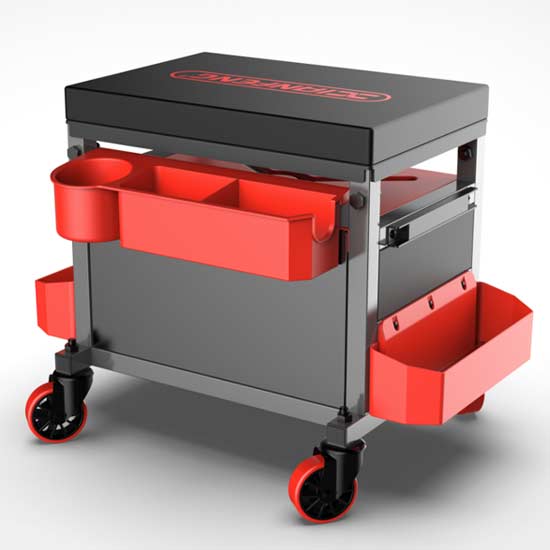 Tool seat
Tool seat
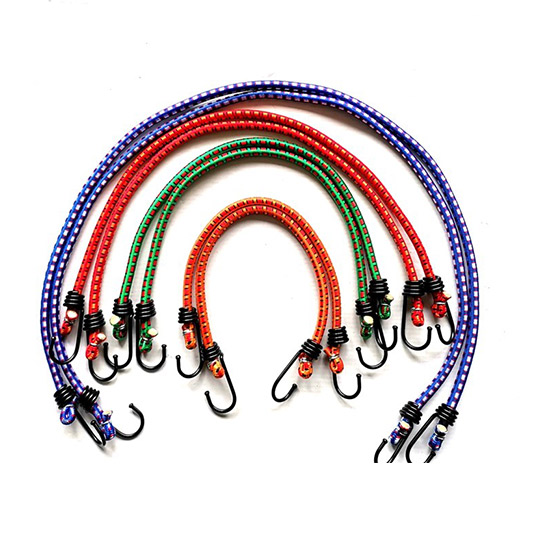 Stretch Cord
Stretch Cord
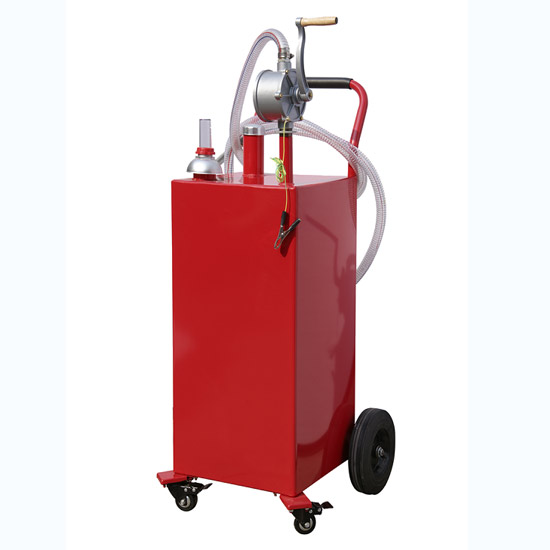 Oil Pump
Oil Pump
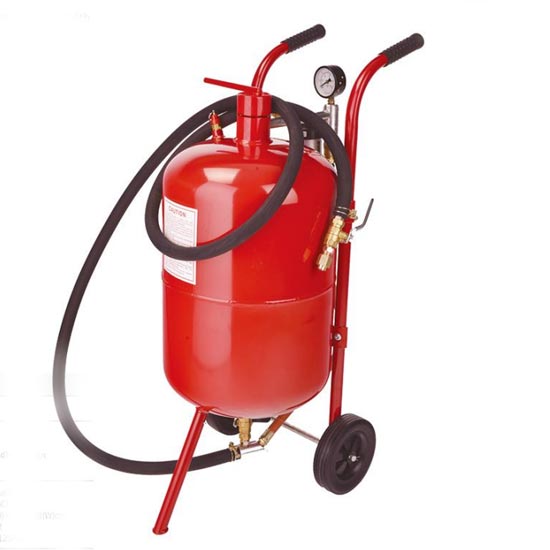 Sandblast Pot
Sandblast Pot
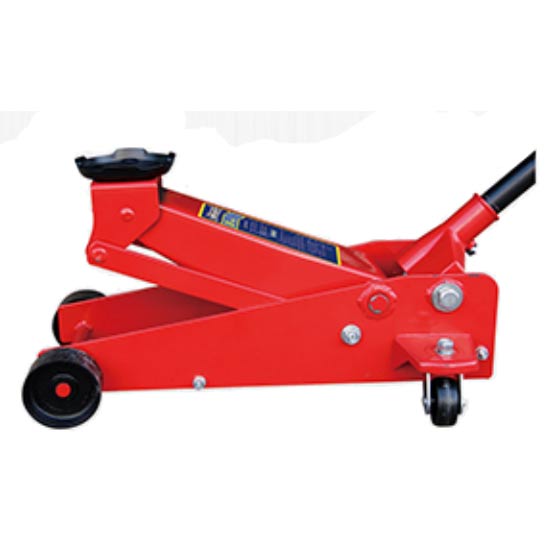 2.25 Ton Hydraulic Floor Jack
2.25 Ton Hydraulic Floor Jack
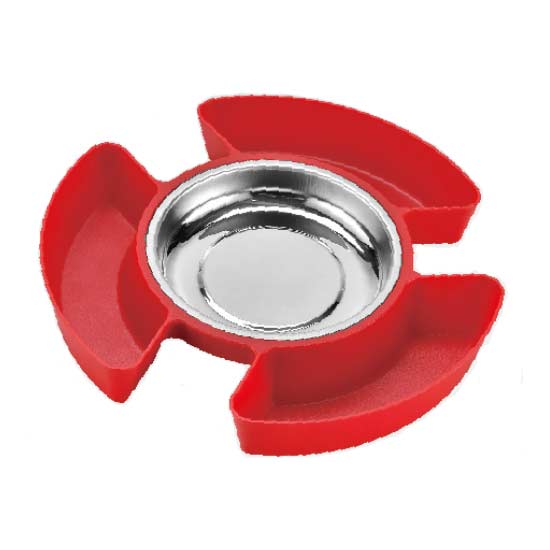 Magnetic Tray With Tool Plate
Magnetic Tray With Tool Plate
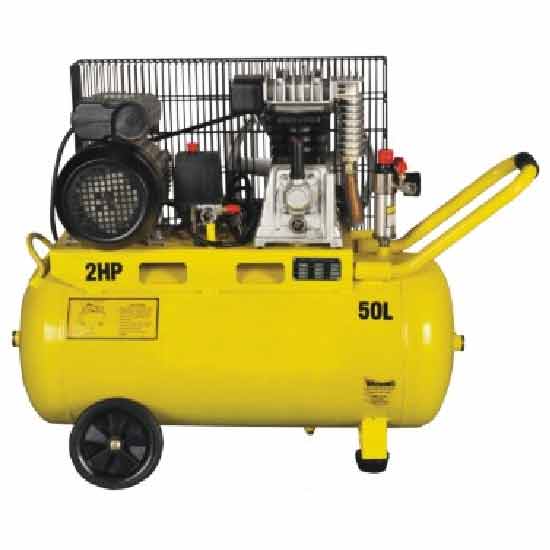 Single-stage Air-cool Movable Air Compressor
Single-stage Air-cool Movable Air Compressor
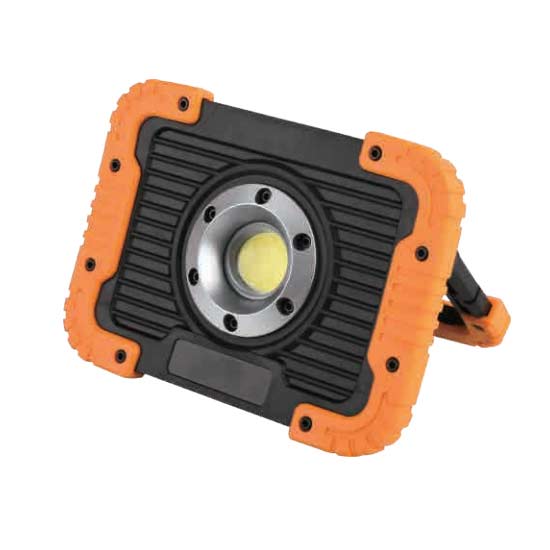 10W Rechargeable Led Flood Light
10W Rechargeable Led Flood Light
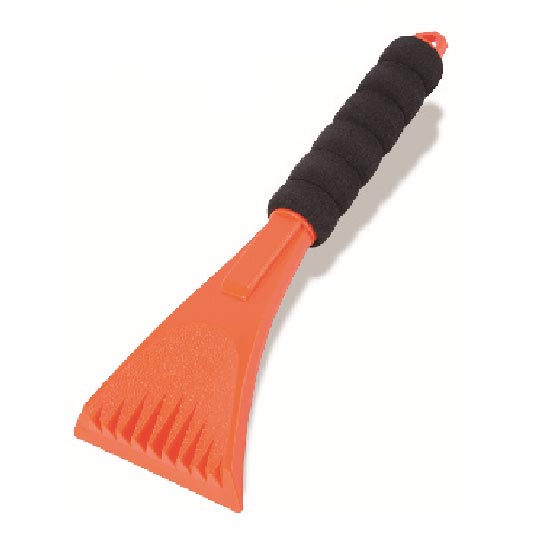 Ice Scraper
Ice Scraper
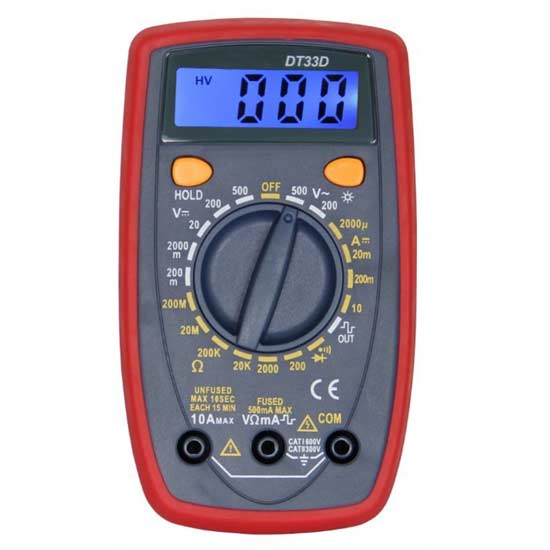 Small Multimeter with Backlight
Small Multimeter with Backlight
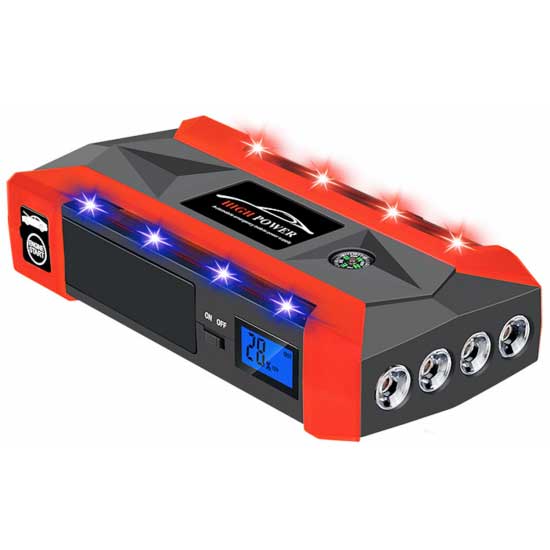 Jump Starter With 4 Led Lights
Jump Starter With 4 Led Lights
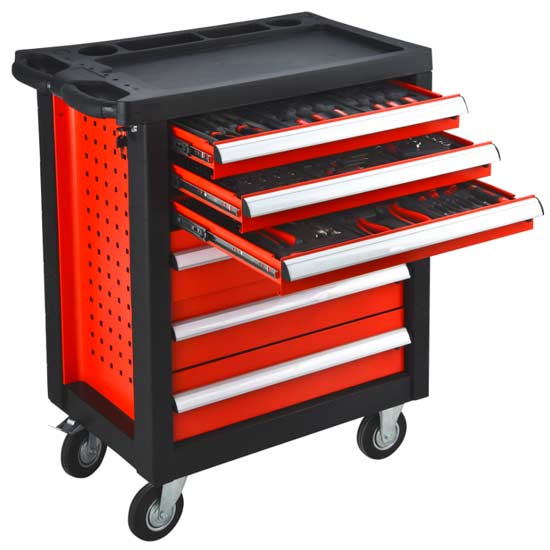 Steel Tool Cabinet
Steel Tool Cabinet
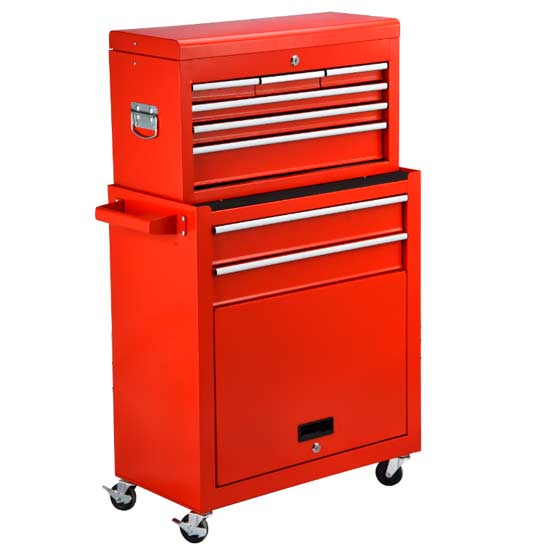 Large Tool Cabinet
Large Tool Cabinet
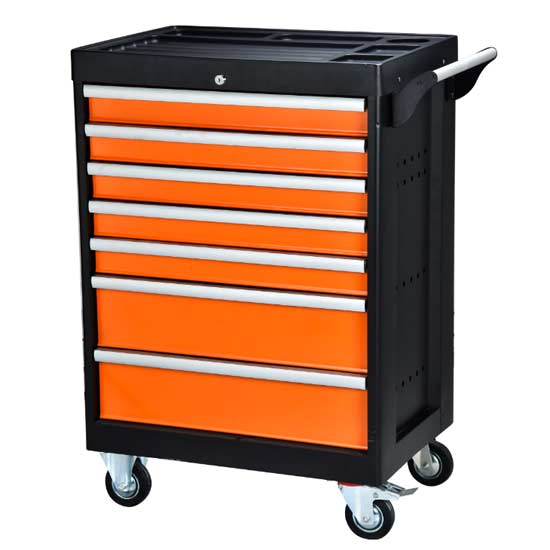 Tool Storage Cabinet
Tool Storage Cabinet
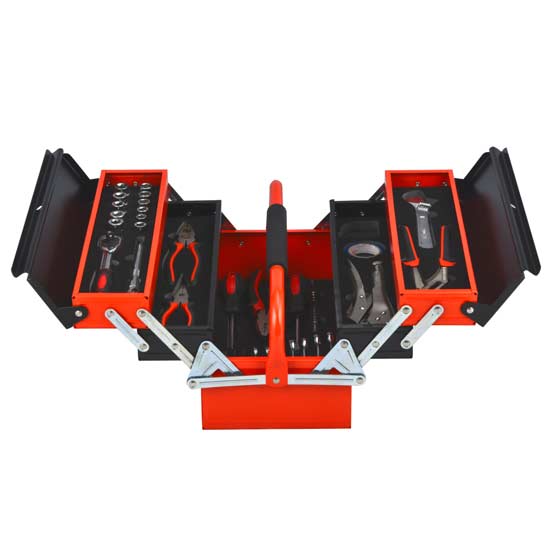 Metal Tool Box
Metal Tool Box
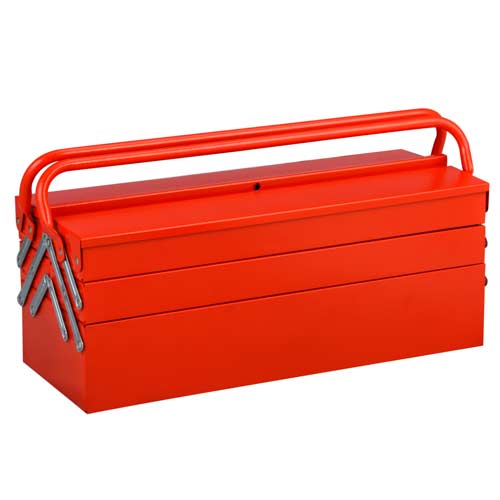 Large Metal Tool Storage Box
Large Metal Tool Storage Box
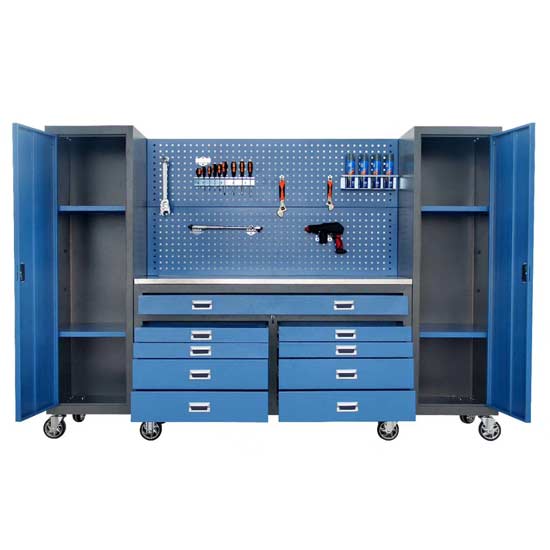 Blue Metal Tool Cabinet
Blue Metal Tool Cabinet
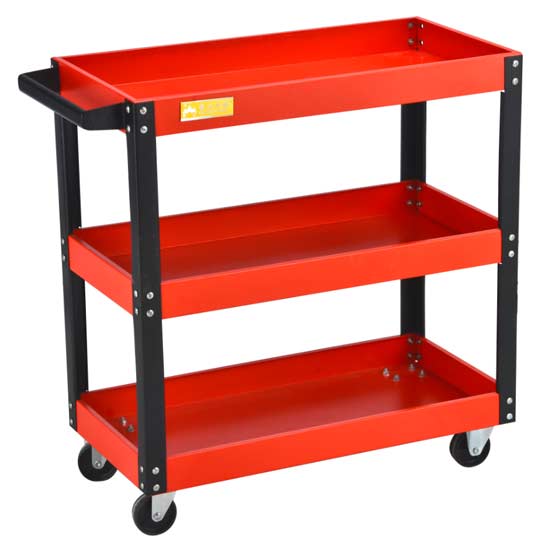 Red Steel Tool Trolley
Red Steel Tool Trolley
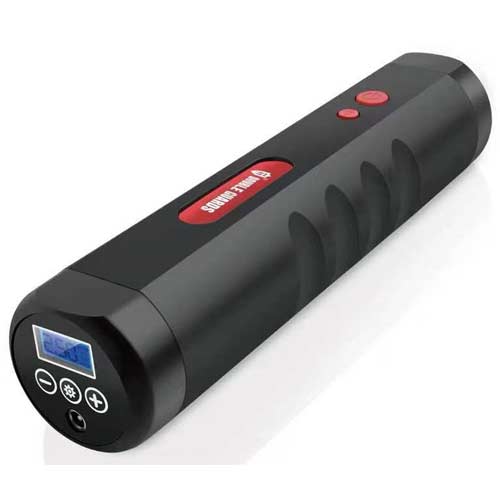 Portable Tire Inflator
Portable Tire Inflator
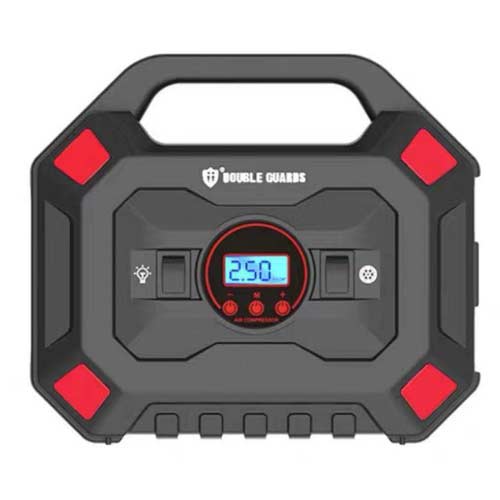 Custom Tire Inflator
Custom Tire Inflator
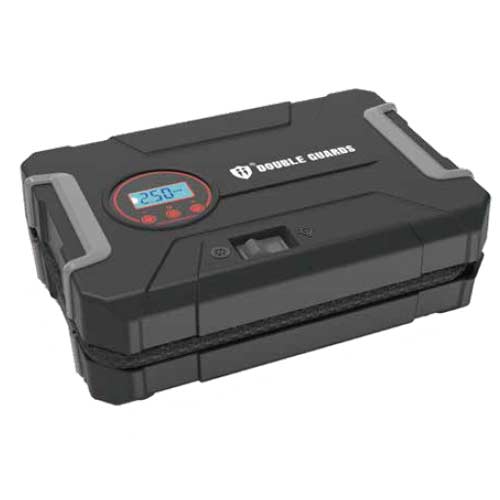 Tire Pressure Pump
Tire Pressure Pump
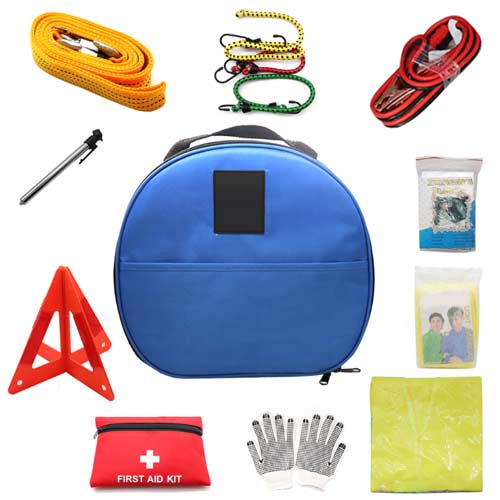 Auto Emergency kit
Auto Emergency kit